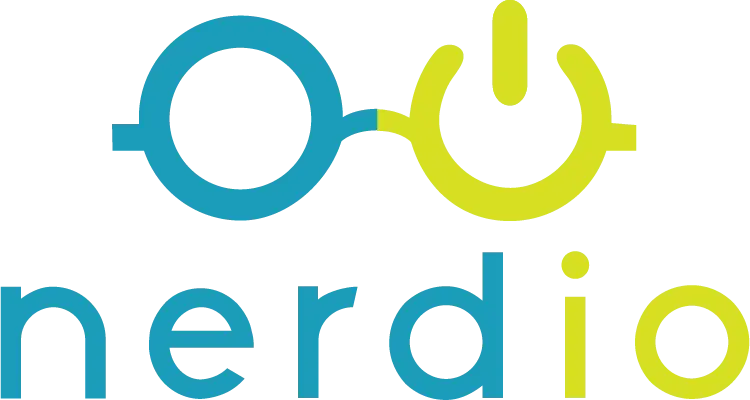What is the Rimo3 platform, and how does it work?
Rimo3 is an automation platform for Windows workspace enablement that intelligently tests, migrates, manages, and optimizes workspaces at enterprise scale through cloud-based automation.

Our team understands that every enterprise's modernisation journey is unique, with its own specific challenges and requirements. The questions below cover common inquiries, but we recognise you may have more specialised questions about how Rimo3 can help your organisation navigate its specific workspace transformation.
What is the Rimo3 platform, and how does it work?
Rimo3 is an automation platform for Windows workspace enablement that intelligently tests, migrates, manages, and optimizes workspaces at enterprise scale through cloud-based automation.
How does the platform support application migration?
Rimo3 automates discovery, validation, packaging, and deployment of applications, reducing migration time by over 90% while ensuring compatibility and performance in your target environment.
Can the platform integrate with existing systems like ServiceNow or Intune?
Yes, Rimo3 integrates seamlessly with Microsoft Intune, ServiceNow, Nerdio UAM, Liquidware FlexApp One, Omnissa App Volumes and other enterprise tools to enhance your existing ecosystem.
What types of applications can be tested using Rimo3?
Rimo3 can test virtually any Windows application, including legacy, modern, custom, and commercial off-the-shelf applications across physical, VDI, and cloud environments.
How do I get started with a free trial?
You can start with a free 30-day trial of Intune Clarity by clicking "Explore Intune Clarity" or contacting our sales team to arrange a full platform demonstration.
Does Rimo3 offer reporting and analytics?
Yes, Rimo3 provides comprehensive reporting and analytics through intuitive dashboards that track device readiness, application vulnerabilities and policy compliance.
Is the platform scalable for large enterprises?
Absolutely. Rimo3 is designed for enterprise-scale operations, supporting environments with thousands of applications and devices across global deployments.
How secure is the data handled by the platform?
Rimo3 adheres to enterprise-grade security standards, ensuring all data is protected according to industry best practices and compliance requirements.
What kind of customer support does Rimo3 offer?
Rimo3 provides comprehensive support, including implementation guidance, technical assistance, knowledge base and ongoing strategic consultation to ensure your success.
Our Trusted Partners & Technology Ecosystem



Whether you're planning a complex Windows 11 migration, transitioning from SCCM to Intune, or seeking to automate your application testing and patch management processes, our experts are ready to provide detailed answers tailored to your specific situation. Don't hesitate to reach out, we're committed to installing confidence at every step of your journey to modern workspace management.